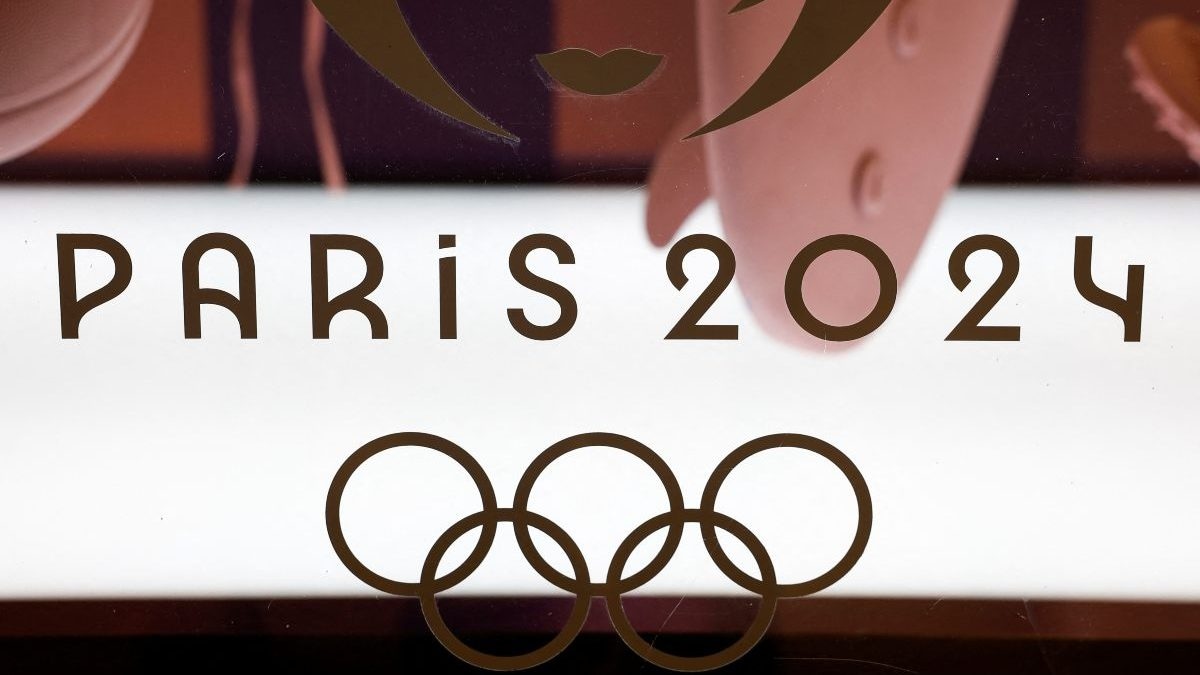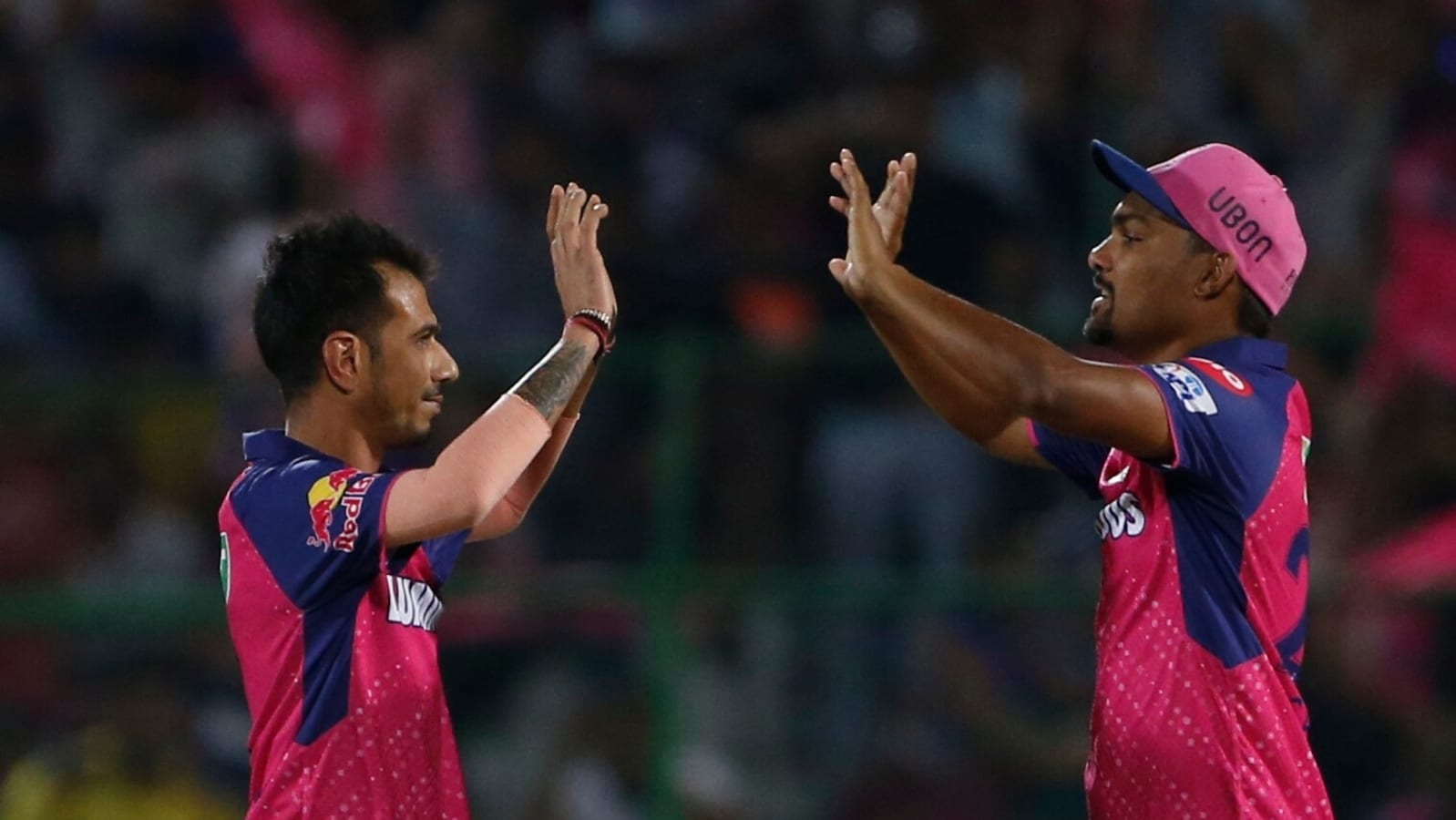
[ad_1]
Paris Mayor announced that temporary summer terraces could be used for food and drinks until midnight, instead of 10pm, from 1 July until 8 September
Several associations representing residents in Paris on Tuesday denounced plans to allow bars and restaurants to keep their outdoor summer terraces open later than usual during the Olympics, saying the change would impact the health of locals.
Paris Mayor Anne Hidalgo announced last Friday that temporary summer terraces could be used for food and drinks until midnight, instead of 10pm, from July 1 until the end of the Olympics and Paralympics on September 8.
Around one in five venues in Paris – 3,000 out of 15,000 – has a licence for a summer terrace, according to city hall figures.
A joint statement from two residents’ associations, Droit au Sommeil and Vivre Paris, said that they were “alarmed” that the mayor’s office was “supporting in an over-the-top way the revenues of restaurant owners to the detriment of the health and sleep of the people it administers.”
Complaints about noise are a common feature of life in densely populated Paris, with the temporary summer terraces introduced by Hidalgo during the Covid-19 pandemic becoming a new source of friction.
The regulations put in place in 2021 have previously been criticised by local residents and elected representatives as some establishments have not respected the rules regarding the opening times and locations of their terraces.
But supporters say that vibrant street life is part of the capital’s character.
The summer terraces are seen as an extension of the historic pavement seating areas that have been a feature of Parisian bars and restaurants for centuries.
Frederic Hocquard, the deputy mayor in charge of the night-time economy, said the city had made a “social and festive choice” in allowing the terraces to stay open later during the Olympics which begin on July 28.
He added that they helped “regulate public space at night” and made streets safer.
The Paris Games, the first time the Olympics have been held in the City of Light in a century, have been hit by controversies in recent months over the price of tickets and transport, as well as the official poster.
French organisers and the International Olympic Committee (IOC) have played them down as typical issues before the event.
“It’s obvious that the months preceding the Olympic Games are not the easiest,” the IOC executive in charge of coordination for the Paris Games, Pierre-Olivier Beckers-Vieujant, said earlier this month.
“It’s customary to see a fall in public support in the run-up to the Games… it’s not a surprise and no different from what we’ve seen before previous editions.”
[ad_2]
Source link









